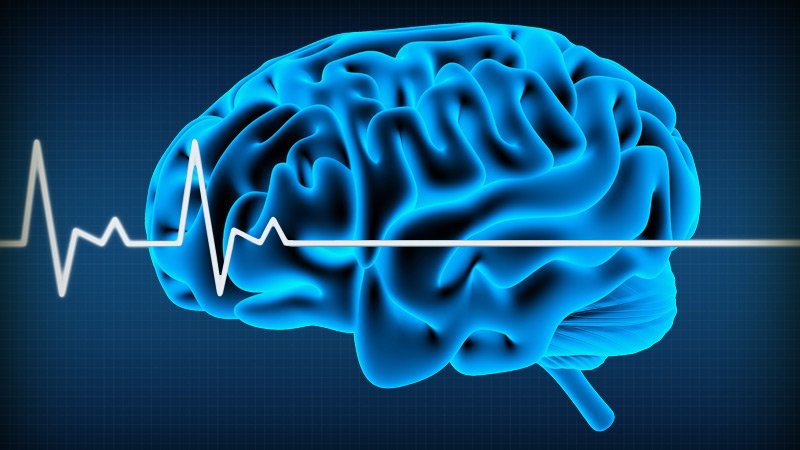
Brain death: Kerala doctors can take brain-dead patients off life support without family consent
 In a path-breaking step, Kerala has become the first state in India to have well defined clinical protocols for brain death certification in the country.
In a path-breaking step, Kerala has become the first state in India to have well defined clinical protocols for brain death certification in the country.
An order issued earlier this month has de-linked the process of brain death declaration from the organ donation process. It has now issued an order, setting forth parameters for brain death certification in ICUs and how clinicians should proceed once brain death has been confirmed. The move has been taken nearly 25 years after the Transplantation of Human Organs Act (THOA) 1994 was framed in India.
In India, brain death has been defined only in connection with organ donation, in the Transplantation of Human Organs Act, 1994. The result has been that the public, as well as the clinicians, perceive brain death certification as a procedure that is done solely to aid organ donation.
This confusion had given rise to allegations that hospitals were “staging” brain deaths to allow organ donation to take place, seriously eroding the public’s trust in Mrithasanjeevani, the State-run deceased organ donation programme.
“Doctors had no clarity on what they should do if, after brain death certification, the family refused the option of organ donation. “We now know where we went wrong. As is the standard practice world over, brain death certification should become a routine practice in our ICUs too. Organ donation counselling should come only as a sequel to brain death certification process. Now that there is clarity in the law, we hope doctors will no longer be reluctant to certify brain death,” said Noble Gracious, Nodal Officer, Kerala Network for Organ Sharing.
According to the new order, once a patient has been pronounced brain-dead as per the protocol, all treatment, including cardio-respiratory support, should be discontinued. Consent of family won’t be required and the doctors have the right to decide on the same. The rule was introduced through a government order dated 19 January.
“We are setting forth an evidence-based model for the entire country on brain death declaration, which will eventually pave the way for a fool-proof deceased donor organ donation programme. The new GO should guide all clinicians in pronouncing brain death in ICUs and how to move forward. Clinicians can now take charge in ICUs, without any fear of future litigation, to terminate all life support if the patient is certified brain-dead, rather than leave the decision to the traumatised family. It is a responsibility that they have to fulfil, keeping in mind the dignity of the deceased,” Rajan Khobragade, Principal Secretary (Health), said.
As per the new guidelines, to declare a patient brain dead, the doctors have to perform the prescribed twice with a minimum interval of six hours. The new guidelines request that medical practitioners should have a conversation with close relatives regarding the medical status and prognosis of the patient in whom brain stem death testing, including apnoea test, is being considered for confirmation of brain stem death diagnosis.
Over the past year, the government had been doing a series of consultations with neurologists, critical care specialists and legal experts on developing parameters for universal brain death certification so that the process can be separated from organ donation and made a part of quality care norms and standard ICU practice.
Source: The Hindu, Indian Express, The Print.